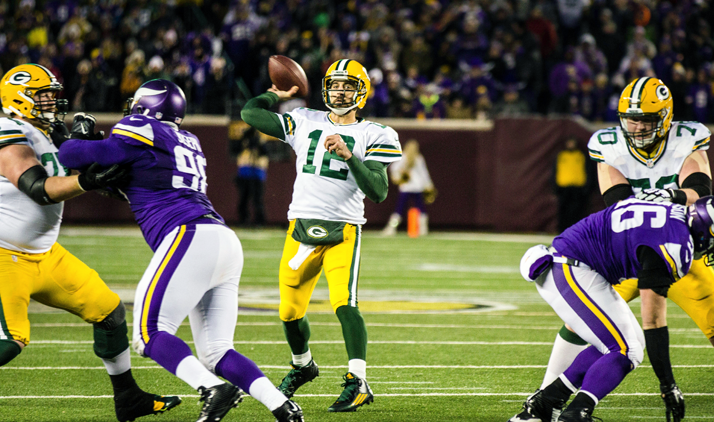
Pro Sports and Payroll: How Are Athletes Taxed?
.jpg?width=110&name=IMG_7211%202%20(1).jpg)
It’s game day. The wings are hot, the beer is cold, and mom’s seven layer dip is on point. While your friends are agonizing over the score, the payroll professional in you can’t stop thinking, “How is the away team taxed?” Come on, I know that's going through your mind.
While our sports heroes seem larger than life, you might be surprised to learn that they’re taxed like the rest of us. An employee who travels to another state for a portion of their employment, no matter how short the duration, should technically pay tax there. For example, a New York employee making $1,000 per week who spends two days working in Connecticut should report $400 as taxable income to that state. In turn, New York would then only tax the remaining $600. If that sounds like an logistical nightmare, that’s because it often is—and most employers just choose not to go there.
But professional athletes make significant (and publicly known) amounts of money, and regularly ply their trade in different states and on national television. While Dale in accounting might not be held liable that one time he answered a work email on the road, Tom Brady’s “hours worked” are a little more apparent to state tax agencies.
While most of us simply call this multistate taxation, the sports community has labeled this liability the "jock tax.”
'Michael Jordan’s Revenge'
It wasn’t always this way. For decades, the lax multistate standards applicable to most individuals were also applied to professional athletes. Until, that is, the Chicago Bulls beat the Los Angeles Lakers in the 1991 NBA Finals. As retribution, the State of California sent Michael Jordan and the Chicago Bulls a hefty tax bill for their time playing in the state. Illinois fired back with a law taxing all visiting athletes, cheekily labeled “Michael Jordan’s Revenge”—which should not be confused for the title of the upcoming Space Jam sequel.
This incident kicked off the beginning of the jock tax, and from that point forward, states consistently taxed players and staff for their game day action.
How the Jock Tax Is Calculated
To calculate the portion of tax paid for athletes’ multistate appearances, the method generally used is called the duty-day formula. Let’s break this down.
The duty-day formula divides the total number of days that an athlete works (game, practice, autographs and team meetings included) in a state by the total working days in the year. The week prior to the Super Bowl, which is full of press time, practice, and video review, is all taxable income to the host state. That percentage will then get multiplied by the employee’s salary to determine how much is taxable to that state.
Exceptions
There are a few notable exceptions to the jock tax, which also apply to people just like us. Individuals visiting Florida, Texas, Washington State, or Washington D.C. are not subject to income tax there. With the exception of Washington D.C., these states also don’t charge income tax for residents—meaning that while the Dallas Cowboys don’t pay income taxes at home, they do when they visit their rival New York Giants. Keep in mind that those taxes are paid to the state of New Jersey, where the Giants actually play and practice.
Whether your place of work is a football field or maze of cubicles, multistate compliance is no small task. From varying overtime rules to contradictory paid leave requirements, making sense of it all requires the equivalent of an HR Hail Mary pass. Read the Ultimate Guide To Multistate Employment and be the playmaker your company needs.

See how Namely's flexible solution will help you streamline your HR processes by having your people, payroll, and benefits info all in on place.
Get a demoGet the latest news from Namely about HR, Payroll, and Benefits.
Thanks for subscribing!


Get the latest news from Namely about HR, Payroll, and Benefits.
Thanks for subscribing!



